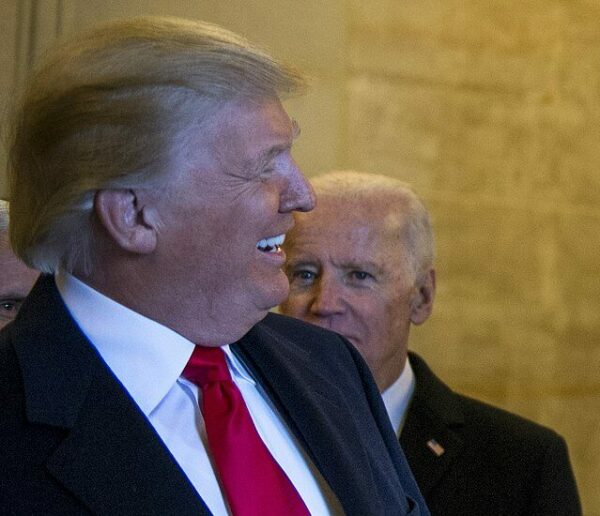Donald Trump has received his first loss in his fight against Joe Biden’s Department of Justice. A federal judge has ruled that the former president may not disclose the secrets or other sensitive information that he took with him after leaving the White House in January 2021.
The former president’s foe in the case, Jack Smith, had sought a protective order to stop Trump from revealing sensitive information.
Smith sought the order to ensure that neither Trump nor codefendant Walt Nauta, Trump’s presidential valet, disclose sensitive information obtained during the discovery process, where prosecutors will show the defense what evidence it has amassed during their investigation into Trump’s handling of classified documents since leaving office, according to ABC News.
Trump was charged last week with 37 criminal counts related to his handling of classified materials, after prosecutors said he repeatedly refused to return hundreds of documents containing classified information ranging from U.S. nuclear secrets to the nation’s defense capabilities.
The protective order said Trump and Nauta “shall not disclose the Discovery Materials or their contents directly or indirectly to any person or entity other than persons employed to assist in the defense, persons who are interviewed as potential witnesses, counsel for potential witnesses, and other persons to whom the Court may authorize disclosure.”
In seeking the order on Friday, prosecutors said the materials include “sensitive and confidential information,” including personal identifiable information, information that reveals investigative techniques, non-public information relating to potential witnesses, and personal information contained on electronic devices and accounts.
Notably, the special counsel also said the materials include “information pertaining to ongoing investigations, the disclosure of which could compromise those investigations and identify uncharged individuals.”
The order from U.S. Magistrate Judge Bruce Reinhart also placed conditions that limit Trump’s access to the materials, writes The Daily Mail.
“The former president can only view evidence in the presence of his lawyers and cannot post anything on social media or mention it during interviews.
It includes Truth Social, where he has posted attacks on Special Counsel Jack Smith.
The restrictions are similar to those put on him in the Stormy Daniels hush money prosecution in Manhattan.”
The new rules come as many of Trump’s former advisers in the White House have attacked him, even as Republican challengers in the primary, like Ron DeSantis, Nikki Haley, and Tim Scott, have focused their aim on the Biden Administration.
The Hill noted, “Bill Barr, who served as Trump’s attorney general, said that Trump would be “toast” if “even half” of the behavior alleged in the indictment proved to be true.
Barr later called the defenses mounted by Trump and his allies “farcical” and said that the former president had “engaged in an outrageous act of obstruction and deception.”
John Bolton, who was national security adviser for Trump from 2018-19, called the indictment “devastating” and said it should be the “end of Donald Trump’s political career.”
Former White House chief of staff John Kelly told the Washington Post that Trump was “scared s**tless” by the circumstances in which he finds himself, adding, “he’s never been held accountable before.”
Barr, Bolton and Kelly have all grown more alienated from Trump in recent years, but they are nonetheless cut from different cloth than ‘Never Trump’ figures like former Reps. Liz Cheney (R-Wyo.) and Adam Kinzinger (R-Ill.).”
Sources followings the court case have told outlets that they expect the trials to be stretched “well beyond the 2024 election,” which makes sense, since it helps both Trump and Biden continue their stranglehold over American politics.
“It’s going to be very difficult to bring a case like this to trial within the year, given the highly sensitive classified information at issue,” Brian Greer, a former CIA attorney, told The Hill.
“Plus, Trump is going to seek every delay possible. If Judge Cannon goes along with these delaying tactics, we’ll be looking at a trial in 2025 at the earliest.”
Obtaining security clearances for Trump’s lawyers also acts as an avenue for Trump to delay the trial. Even an expedited process often takes several weeks. The presiding over the trial, Aileen Cannon, recently ordered Trump’s attorneys to begin that process no later than June 20.
Once the case actually does get to trial, the Department of Justice has suggested it could try the case itself in as little as three weeks.
The former president faces anywhere from 12 to 22 years in prison but has maintained his innocence and pledged to fight the charges while he seeks a second term in the White House.
This article originally appeared on New Conservative Post. Used with Permission.
[Read More: What Does Gavin Newsom Know That We Don’t?]






